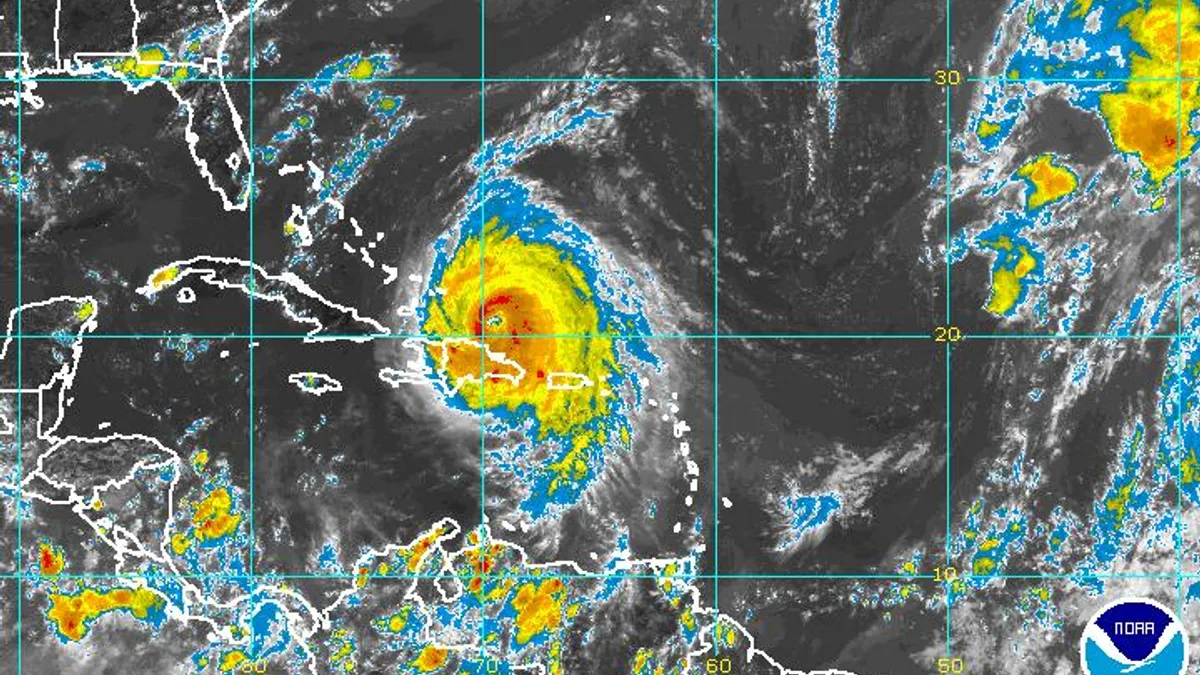Dive Brief:
- The U.S. Federal Emergency Management Agency has partially denied a request by Puerto Rico's congressional representative to have the Army Corps of Engineers continue rebuilding the island's power grid.
- The decision means that while some personnel will remain to maintain generators, the work to rebuild the transmission and distribution system will stop Friday.
- The full reconstruction of Puerto Rico's grid could take up to a decade. The Puerto Rico Energy Commission issued final regulations for microgrid development this week, in an effort to speed development of distributed resources, which will be a part of the island's more resilient grid.
Dive Insight:
The road ahead for Puerto Rico's grid is long. Officials involved in the reconstruction efforts say the entire project could take a decade, though an initial repair of the system after damage from the last hurricane season is largely complete. Meanwhile the Puerto Rico Electric Power Authority (PREPA) struggles to manage billions in debt and is considering privatization.
FEMA's announcement to end the restoration portion of its mission comes two weeks ahead of the official start of this year's hurricane season, as the island's system remains fragile. Workers will stay to maintain more than 700 generator units, including three "mega generators." However, FEMA said that the Army Corps "will no longer provide line restoration work for PREPA. PREPA will oversee their contractors and the remaining work in grid restoration."
The primary rebuilding contract for the island's transmission and distribution network went to Cobra Acquisitions, a subsidiary of Mammoth Energy Services. With some exceptions, Cobra has been rebuilding Puerto Rico's grid to PREPA's original standards.
In a statement to Utility Dive, a Mammoth spokesman said the first reconstruction projects are expected to start later this year and could take from seven to 10 years to complete. "This is expected to be a lengthy process," the company said.
The island's energy regulators have pushed out microgrid regulations in an attempt to spur development.
The regulations describe microgrids as "a means of delivering reliable energy services to customers in need, avoiding the loss of power at critical facilities, promoting customer choice, reducing carbon pollution and spurring economic development."
Microgrids are "a key component" of Puerto Rico's plan to rebuild its electric system, they say.
That move brought praise from the Smart Electric Power Alliance (SEPA) on Friday. Tanuj Deora, SEPA executive vice president and chief content officer said in a statement that he applauded the work, "given the sense of urgency facing Puerto Rico with the upcoming hurricane season."
“The final rules address short-term needs, specifically, allowing personal and cooperative microgrids that operate off-grid," Deora said.
CORRECTION: An earlier version of this story misidentified FEMA. The full name of the agency is Federal Emergency Management Agency.














